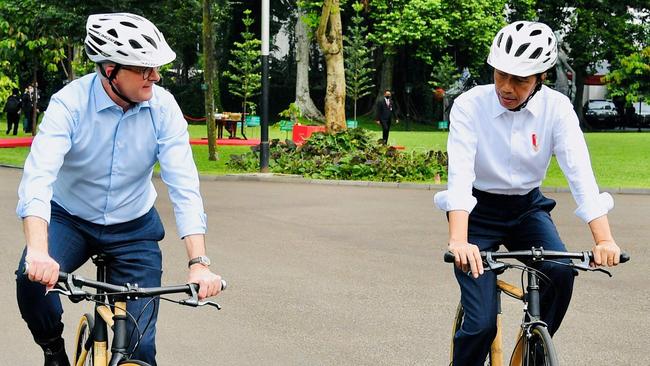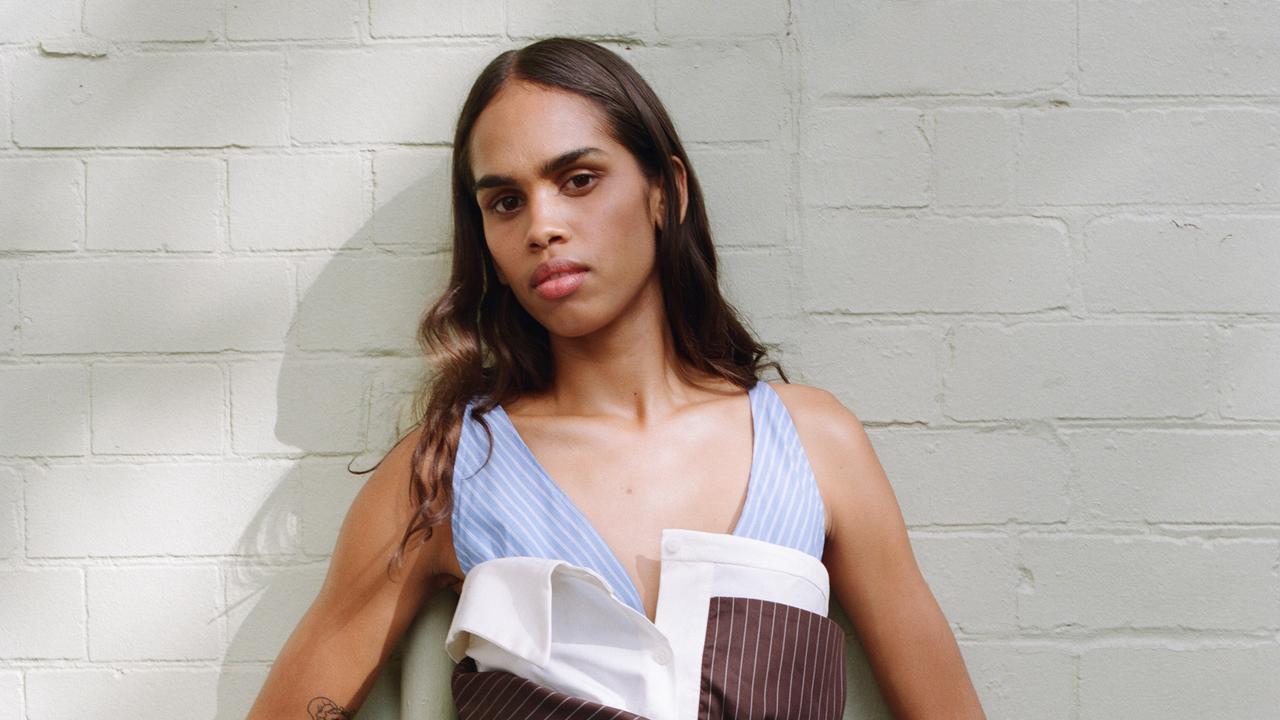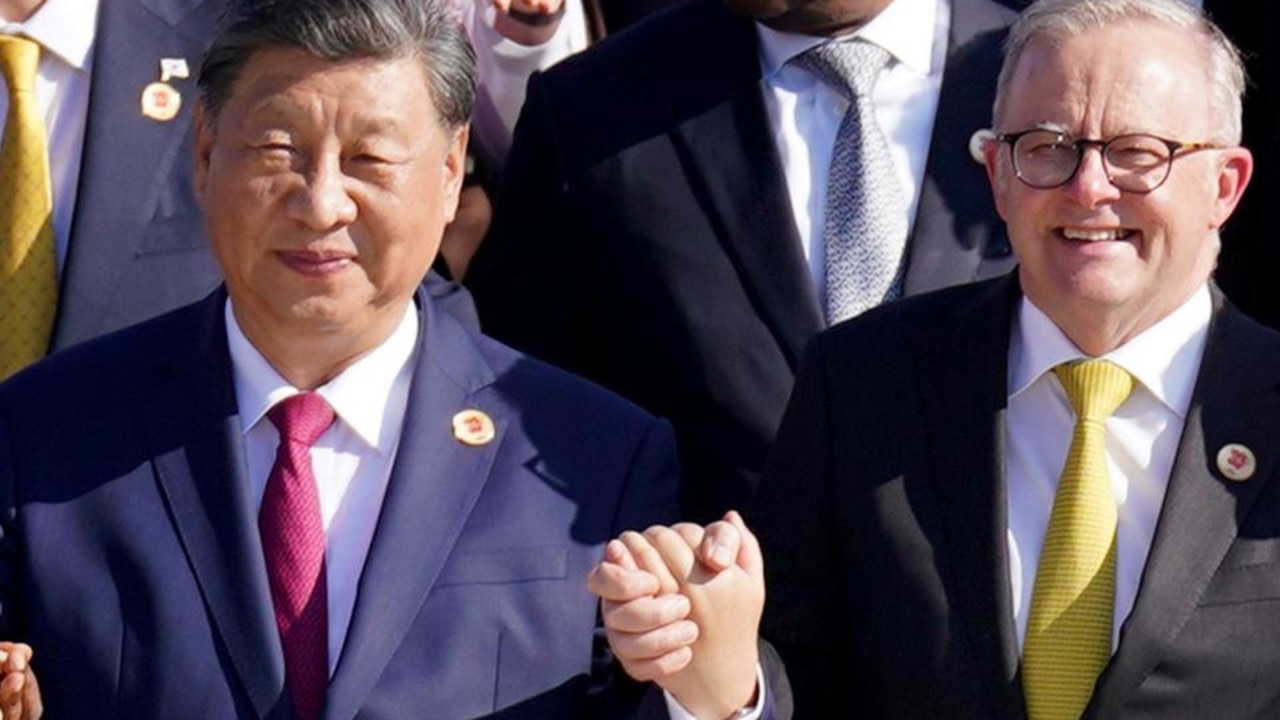
The first time Anthony Albanese visited Indonesia as prime minister his wobbly circuit of the presidential palace on a bamboo bicycle was an irresistible metaphor for an Australian leader on foreign policy training wheels.
In the wake of his stunning electoral victory last week, the second-term PM exuded confidence when he told Indonesia’s new president Prabowo Subianto by phone that the two countries share an “unbreakable bond”.
His choice of words resonated strongly in Jakarta, just days after an Australian election campaign stoush over Russia’s ambit claim to house military aircraft on south Papua’s Biak air base raised eyebrows in non-aligned Indonesia.
Prabowo will have well understood how such a prospect would hit a central nerve in Canberra, even if the Australian political debate misrepresented Indonesia’s commitment to a constitutionally enshrined “free and independent” foreign policy.
No foreign power has a military base in Indonesia, nor permanent access to an Indonesian base, though that hasn’t stopped Moscow trying for the past half a century.
Still, six months after skipping Prabowo’s inauguration ceremony, Albanese’s visit this week is an opportunity to smooth any ruffled feathers. More importantly, it is a chance to underscore Jakarta’s importance to Australia with concrete commitments at a time of fluctuating global geopolitical alignments.
“To say Indonesia and Australia have an unbreakable bond – that was a big statement,” says George Iwan Marantika, a Jakarta-based Indonesia-Australia business champion and chair of the Australian bilateral committee within Indonesia’s Chamber of Commerce and Industry.
“If that’s the case that means our conversation will go beyond what we have now,” he says, adding “2025 is the new baseline”.
“How do we take the relationship further, building defence industry alliances together, critical minerals together, raise capital together for Danantara (Indonesia’s new sovereign wealth fund)?”
Prabowo came to power last October promising to slash Indonesia’s child stunting rates through a free school meals program, build new hospitals, improve schools, shore up food security, construct three million new homes a year, and deliver annual economic growth of 8 per cent.
Since then, the Trump administration has up-ended the economic and geopolitical order with punitive tariffs that have sent global markets on a giddying rollercoaster, while Prabowo’s own austerity measures designed to free up capital for policy priorities have hurt investor sentiment.
This week, Indonesia’s first-quarter growth rate came in below expectations at 4.87 per cent – far below what the country needs to become one of the world’s top five largest economies by 2045.
Prabowo needs and wants options to ensure Indonesia does not become overly dependent on China to help it achieve its aim.
The best gift Australia could give Prabowo, says Marantika – though one potentially fraught with minefields – is a vote of confidence in Danantara, the fund Prabowo established to finance his key initiatives, either by promoting it to Australian super funds or by helping to raise global capital.
As the former defence minister who signed off on the bilateral landmark Defence Co-operation Agreement last year, Prabowo will also be looking to add meat to its bones through closer engagement with Australia in defence and defence technologies, as well as build partnerships in the critical minerals sector, and expand co-operation in education and training.
These are not one-way deals.
Monash and Western Sydney universities are the only two foreign universities to have been granted full Indonesian operating licences so far. Australia’s Aspen Medical has built Indonesia’s first international hospital.
More broadly, Albanese’s visit is a potential opener for a new conversation on how the two countries can help weatherproof each other from Washington’s tariffs, and the global uncertainties they have triggered.
The framework is already there in the Indonesia Australia Comprehensive Economic Partnership Agreement. But it, too, needs more meat on its bones.
The Albanese government’s focus on Southeast Asia, including through its 2040 investment strategy that acknowledges Indonesia as a priority, has demonstrated its commitment to building business and investment ties.
With Indonesia facing potential import tariffs of up to 42 per cent in the US, its second biggest trading partner after China, Australia’s commitment last month to buy more Indonesian products was appreciated in Jakarta.
But, says Asia Link’s Leigh Howard, “Prabowo will be looking for clear signals that Australia is serious about intensifying its participation in the Indonesian economy, not just through trade but through long-term investment, skills partnerships and deeper business-to-business ties”.
The Indonesian President speaks warmly of Australia, its role as mediator for Jakarta in its independence negotiations with the Dutch, and as a first responder during the traumatic 2004 tsunami.
It is to Canberra that Jakarta has recently turned again to support its membership to the Comprehensive and Progressive Agreement for trans-Pacific Partnership, a move that has grown in importance in light of Indonesia’s January admission to the China-led BRICS grouping.
With the US in isolation mode, and Russia and China both vying for more influence in Jakarta, adding economic depth to Australia’s relationship with Indonesia has never been more important.



